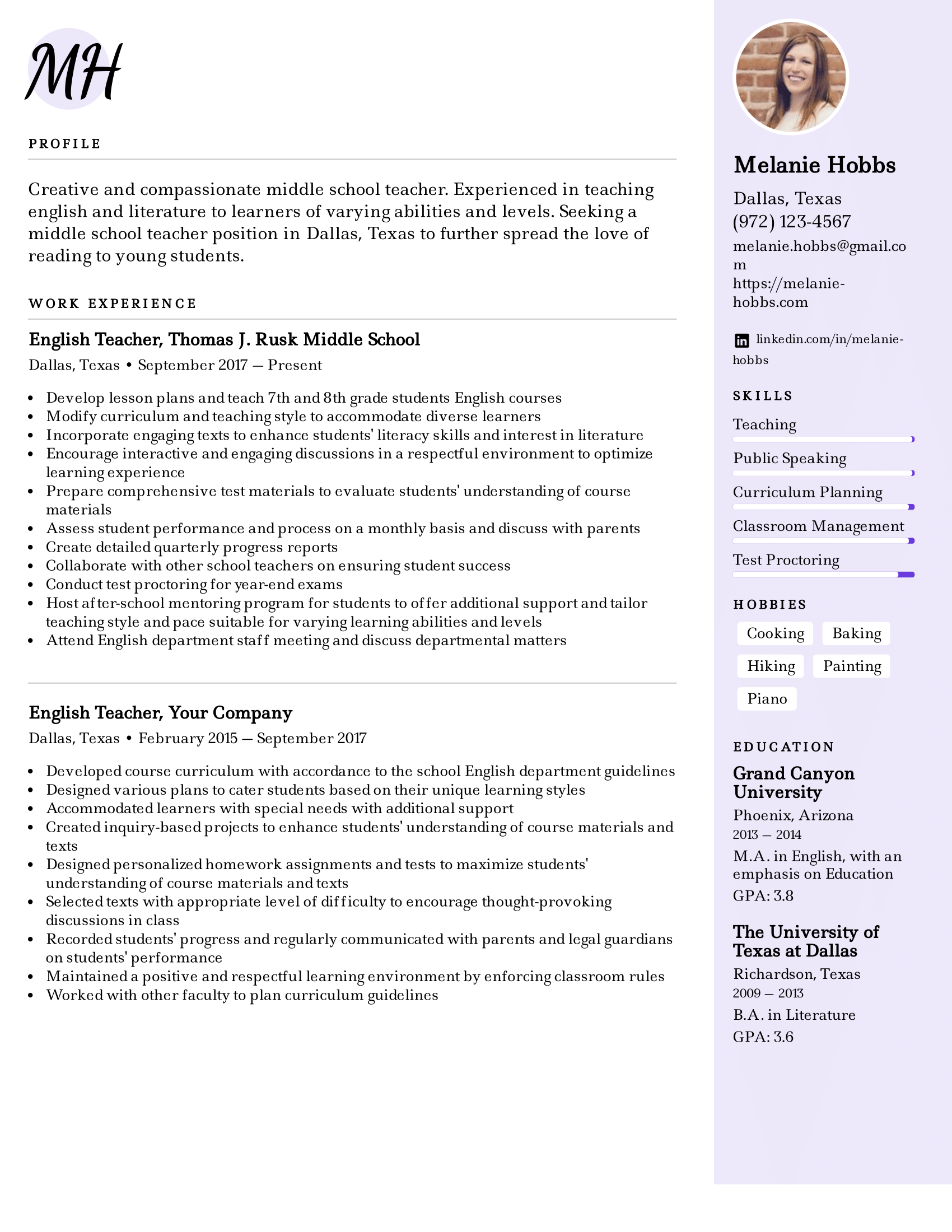Wow your next round of recruiters with our stellar resume for an aspiring or experienced legal assistant







Legal Assistants help by creating and maintaining legal files, conducting research and writing the first drafts of legal documents. Legal Assistants also research cases, maintain the digital databases, and prepare materials a lawyer might need during trial.
See our list of over 350 action verbs to find more.
Legal Assistants support lawyers by organizing legal documents, gathering information about cases and assisting during trials and hearings. As a result, organization, research, and writing skills are a must. However, Legal Assistants must also be able to interact with clients and other personnel.
Legal Assistants require at least an associate’s degree, though some companies may prefer that assistants have a bachelor's degree in another field or a paralegal studies certificate.
There are plenty of online certification options available for Legal Assistants. Check out the Certifications by state for more information.
Requirements for licensure vary by state but generally involve the following:
Job Outlook
The job outlook for Legal Assistants is growing at 12% per year, which is considered to be much faster than average. In 2018 there were 325,700 jobs available.
Average Salary
Legal Assistants make $51,740 per year on average. However, salaries could be as high as $82,500 depending on experience, industry, and location.
Top Paying Salaries by State
Search for Legal Assistant Jobs
Learn how to format contact information on your resume and what information to share with the hiring manager.
Read this how-to guideDon't know whether you should write a one-page or two-page resume? Find out when it is appropriate to write a two-page resume and learn how to write it correctly.
Read this how-to guideIn this guide, we will cover everything you need to know about including references on a resume, from how to format them to how to know when they should be included at all.
Read this how-to guideYour work experience is a summary of all your hard work, dedication and achievements over the years. Here's how to do justice to your work history.
Read this how-to guideLearn essential strategies to land your first, second, or even fifth internship as a college student.
Read this career-advice articleHealthcare is a massive and important industry that contains all sorts of professionals. To land a job in healthcare, you must understand what relevant skills employers are searching for. In this guide, we will cover key healthcare skills to include on your resume and why doing so is so important.
Read this career-advice articleHow you organize your resume matters. The layout and formatting of a resume can have a huge impact on a hiring manager’s first impression. Plus, the layout helps to guide the employer’s eye around the resume to the most important information! In this guide, we will cover everything you need to know about resume organization and layouts.
Read this career-advice articleIf you’ve done any research into the different types of resumes, you’ve likely heard the term CV before. A CV is a type of document with a much more specific purpose than your standard resume. In this article, we will cover exactly what a CV is, how it differs from a resume, and when to consider using one.
Read this career-advice article